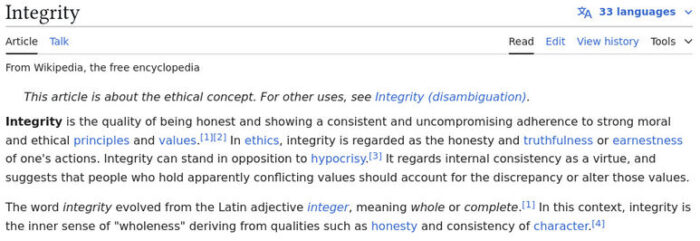A real-world example of what I meant in “Racist jokes, polluting, depleting, and integrity”
I wrote in my post a couple days ago, Racist jokes, polluting, depleting, and integrity, I lamented how environmentalists missed the greatest point of acting by your values: credibility and integrity. Sadly, sustainability lacks both. I wrote:
Does anyone believe that not polluting or depleting once or twice will end our environmental problems? Of course not. The point of not living sustainably is not to solve all our environmental problems. One person’s actions alone won’t restore sustainability.
The point of not polluting or depleting is to avoid hurting people even if you can’t fix the whole global problem yourself. Integrity means that what holds for living by your values in one part of life applies in other parts too.
A post, Why Eating Local Isn’t a Climate Solution It’s about what you eat, not how it got there, illustrated my point. It said:
transportation only accounts for a small fraction of food-related emissions — some research puts this between six and 10 percent, though estimates vary depending on the food type. As such, focusing heavily on food transportation as an emissions-reduction strategy is misguided, because the impact is just so small.
Then concluded:
It’s About What You Eat, Not How It Got There.
the type of food you eat is much more important than how far away from you it was produced, insofar as carbon emissions go. And on this point, the data is unambiguous: The best way to reduce the carbon footprint of your diet is to eat less meat and dairy, and more plants.
It admits “Yes, There Can Be Some Benefits of Eating Locally,” but not many, and it was vague about them.
I won’t argue that you choice of food doesn’t matter, but it misses the point. The ability to lead others dwarfs the impact of a person’s actions. You can’t lead without credibility or integrity. Or hands-on practical experience, for that matter. Living by your values creates all of them.
Without them you’re closer to acting alone, only hoping others will follow. Community influences more than isolation.
Moreover, if you think living more sustainably requires burden, you’ll likely fall back on convincing, cajoling, and coercing—a path that leads to authoritarianism. It backfires.

Read my weekly newsletter

On initiative, leadership, the environment, and burpees